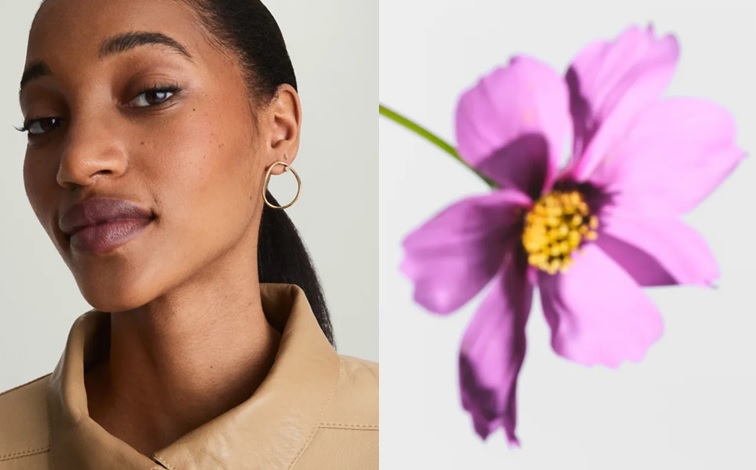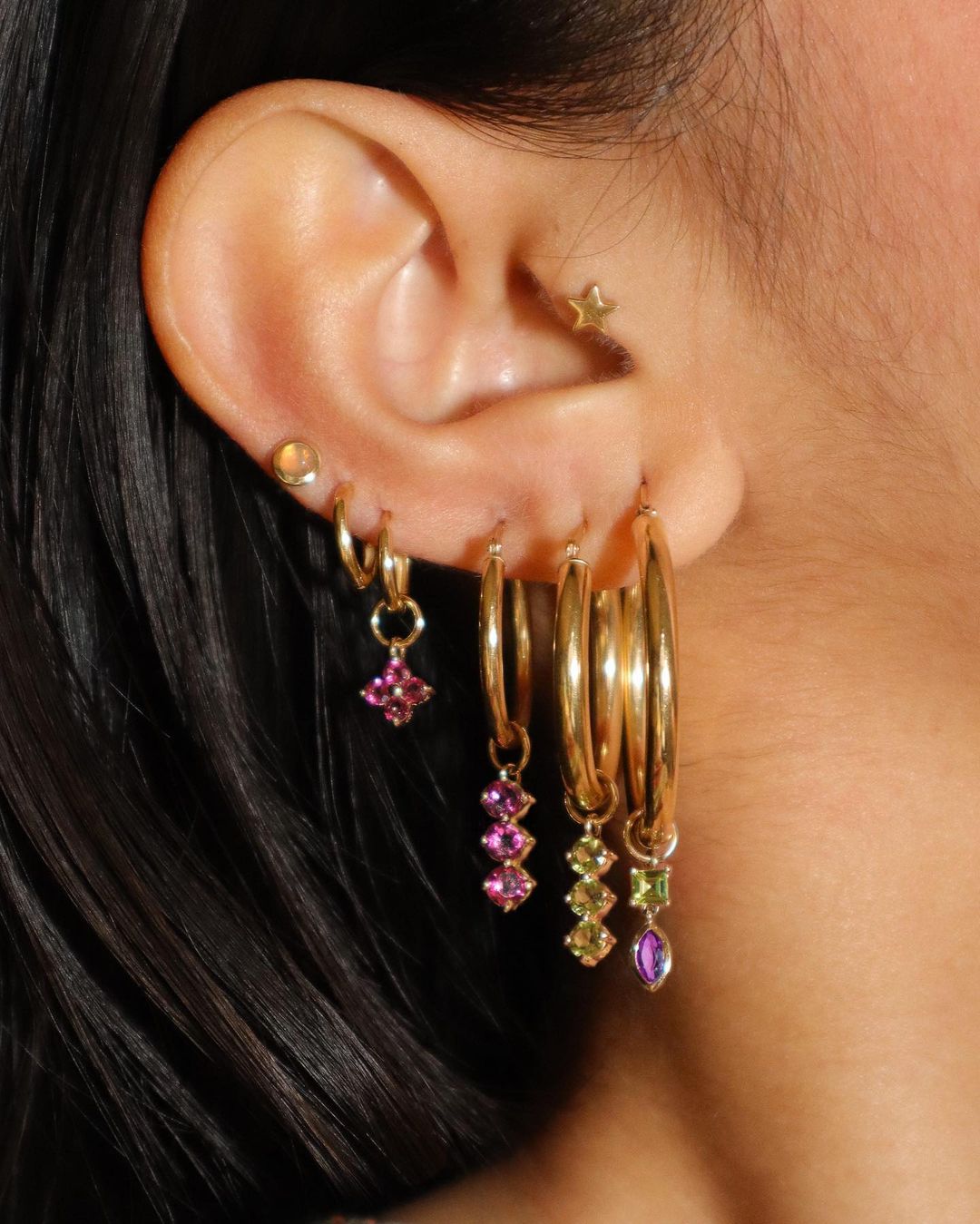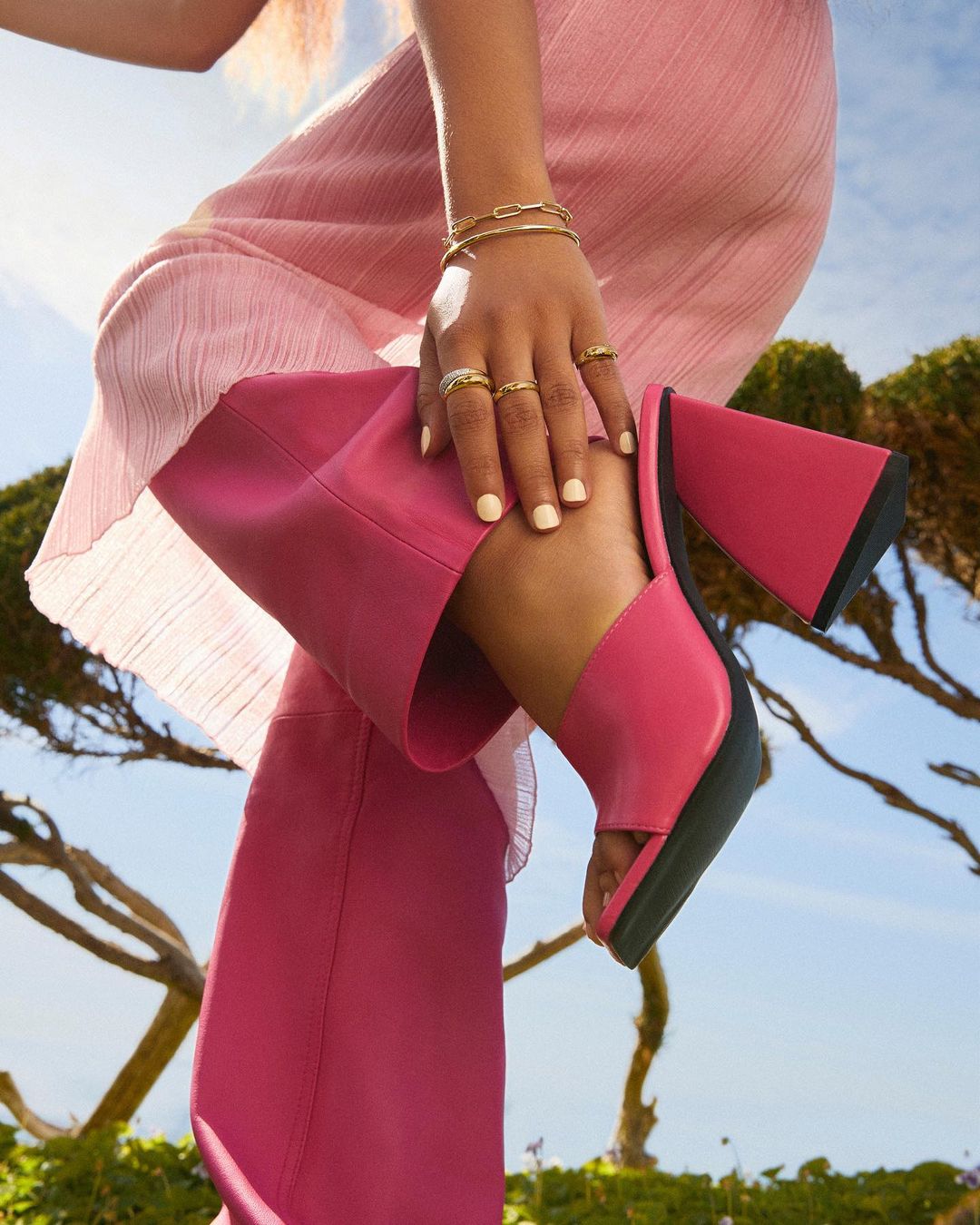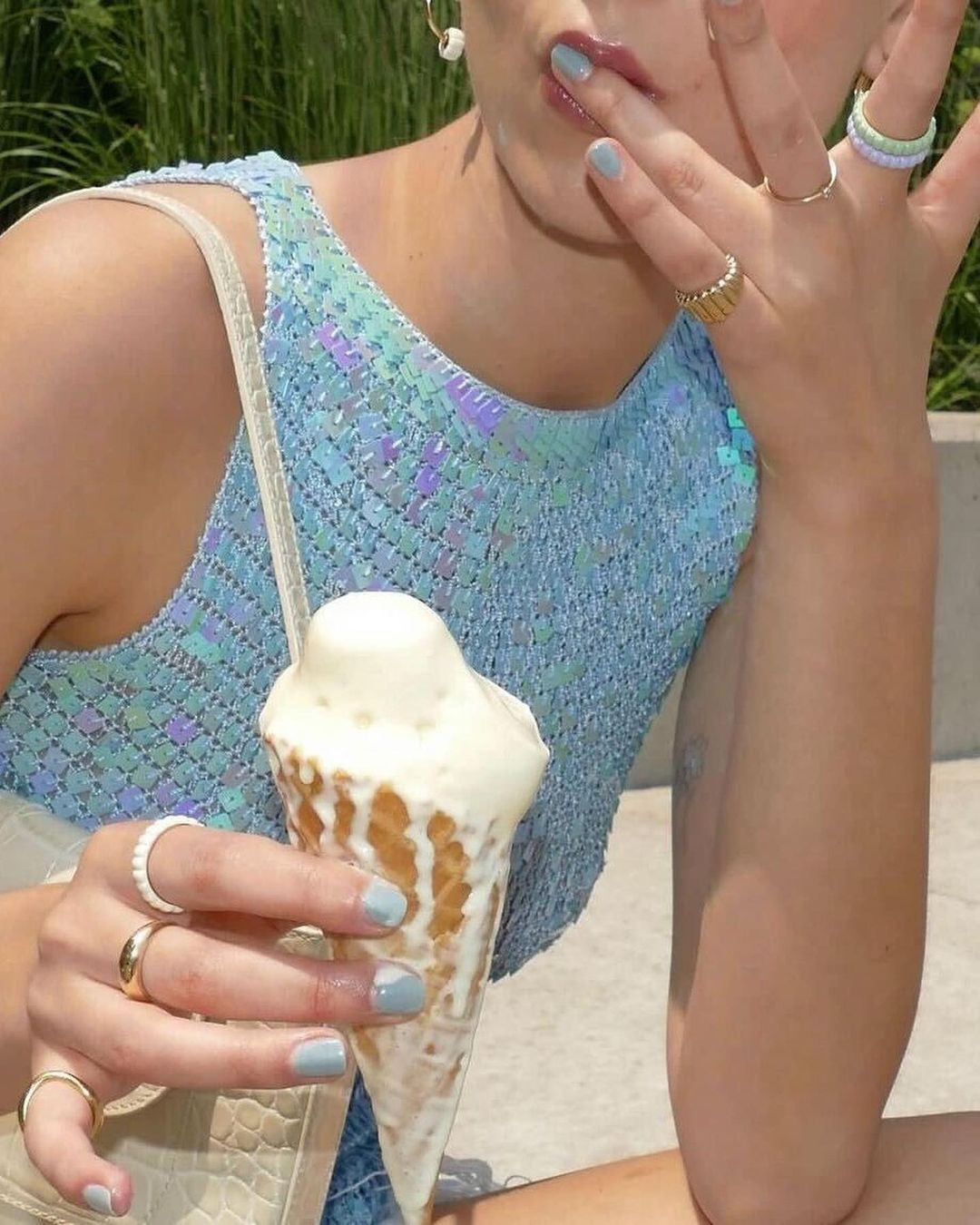
This article contains an affiliate link(s). Learn More.
The allure of fine jewelry is undeniable, but in today’s world, consumers increasingly demand more than just beauty and craftsmanship. They want to know that their precious adornments come with a story of ethical and sustainable practices.
Mejuri, the Canadian jewelry brand founded in 2015, has risen to this challenge and recently released their first sustainability report. But the question remains, are they doing enough?
Gold with a Green Twist
Mejuri’s approach to gold is a shining example of their commitment to sustainable materials. They craft their jewelry using 14K gold, renowned for its durability. This gold alloy is composed of a higher percentage of alloyed metals, making it more resistant to the rigours of everyday wear compared to the more traditional 18K gold.
What truly sets Mejuri apart, however, is their emphasis on recycling. An impressive 95% of their gold pieces, including both 14K gold and 18K gold vermeil, are made from certified recycled gold. This forward-thinking approach reduces the environmental footprint by significantly decreasing the demand for newly mined gold.
Responsible Sourcing and Responsible Mining
While recycled gold takes center stage in Mejuri’s sustainability efforts, they also understand the importance of responsibly mined gold. Responsible mining practices ensure that the livelihoods of communities dependent on the jewelry industry are supported while minimizing environmental impacts.
Mejuri’s commitment to sustainability means that even the remaining 5% of their gold pieces made from responsibly mined gold adhere to international sustainability standards. They make it a point to trace their new gold to suppliers certified against these standards, such as the Responsible Jewelry Council. This transparent and accountable approach guarantees ethical practices in their supply chain.
Diamonds that Sparkle with Integrity
Diamonds, the ultimate symbol of luxury and commitment, are not exempt from Mejuri’s ethical scrutiny. They exclusively use Kimberley Process-compliant diamonds, thus ensuring that their diamonds are conflict-free. The Kimberley Process, established in 2003, plays a crucial role in preventing the trade of conflict diamonds, diamonds that have been used to finance armed conflict against governments.
Mejuri’s diamonds are not only beautiful but also free from the taint of human suffering, a commitment that resonates deeply with conscious consumers.
Environmental Responsibility
Mejuri’s environmental commitment extends beyond materials. Their dedication to reducing waste through recycling programs and the responsible disposal of returned or defective products underscores their commitment to minimizing their impact on the planet.
Additionally, their pursuit of clean energy and renewable energy credits (RECs) exemplifies their proactive approach to reducing greenhouse gas emissions. This not only helps reduce their carbon footprint but also supports the transition to sustainable energy sources.
Conclusion
While Mejuri has made significant strides, they have a long way to go before they can be considered a truly sustainable jewelry brand. As consumers increasingly seek products that align with their values, it’s crucial for brands like Mejuri to meet and exceed the high standards set for sustainability in today’s market.
All images in this article are courtesy of Mejuri.










